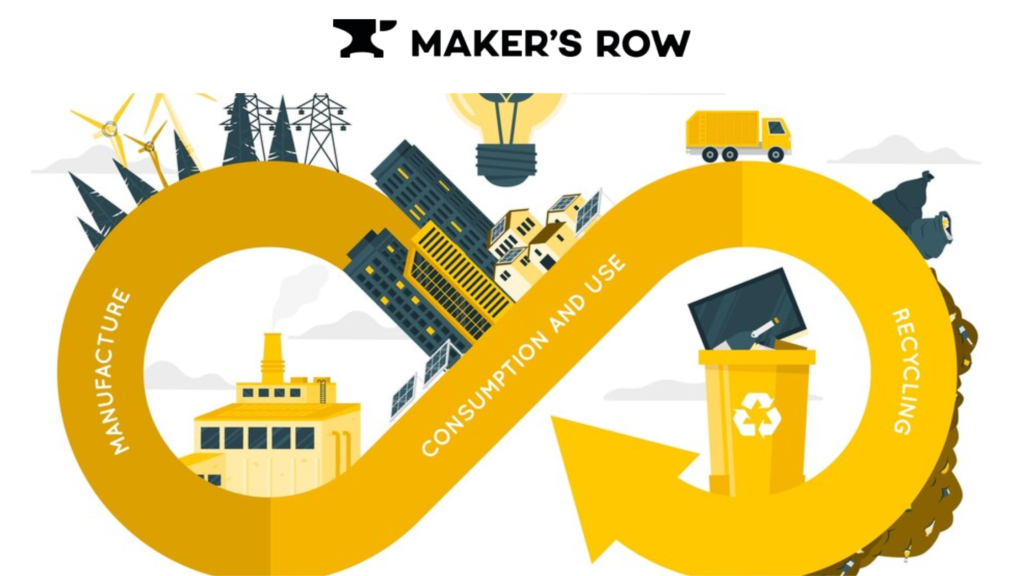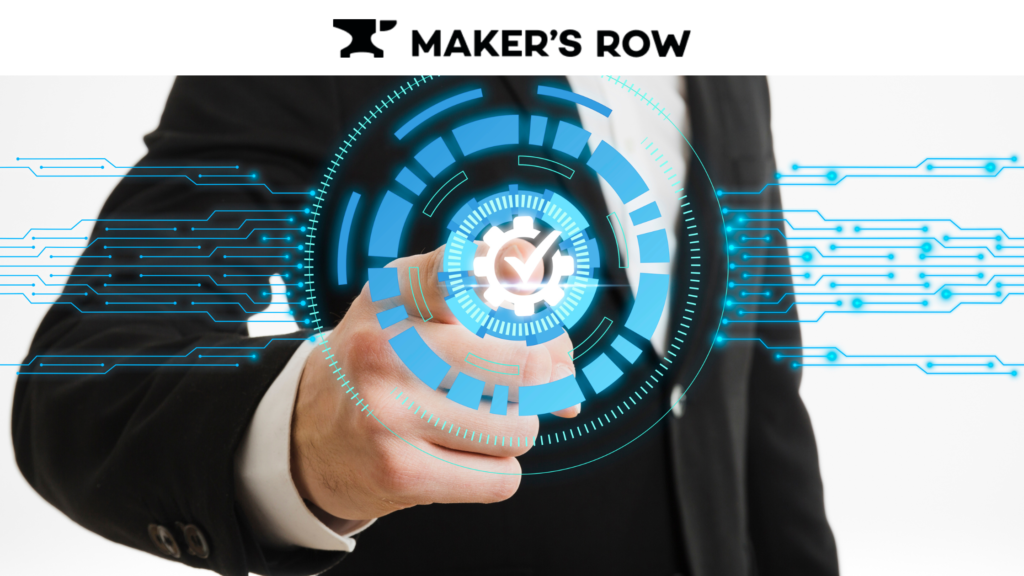A pioneering generation of eco-friendly manufacturing is at the forefront of pioneering new technologies, new processes, and new materials, all designed to decrease waste, reduce carbon footprint, and promote circularity within the apparel manufacturing ecosystem.
Renewable Energy Adoption

One of the major future directions that will shape eco-friendly factories is the growth in the implementation of renewable energy systems for running apparel production lines with higher utilization of solar and wind power. It thus becomes possible for them to considerably reduce their carbon emissions as they move forward with an even more environmentally responsive operational model.
- Most eco-friendly factories are now utilizing renewable sources of energy, such as solar and wind power, to fuel the production of apparel.
- In this manner, reducing their dependence on fossil fuels, the factories succeed in significantly reducing greenhouse gas emissions and work towards an environmentally friendly model of operation.
Circular Economy Integration

Another feature of eco-friendly factories is that they eliminate waste with a circular economy that encourages recycling or reusing. They are pioneering the use of recycled textiles, biodegradable fibers, and innovative techniques for dyeing that reduce the consumption of chemicals.
- Eco-friendly factories are adding circular economy principles to create minimum waste and reuse and repurpose materials.
- These factories pioneer the idea of using recycled textiles as well as biodegradable fibers and innovative dyeing techniques with low chemical utilization.
- Closing the loop from textile waste, they work to create a more sustainable fashion ecosystem that is a growing demand of consumers for such circular and environment-friendly products.
Resource Optimization

Ecologically friendly factories therefore use the newest technologies to maximize the usage of resources like water and energy. That’s achieved through smart building automation energy monitoring systems and many more to help identify inefficiencies; which should then be corrected so that less impact is placed on the environment and even with tougher standards from regulations.
- Eco-friendly factories are utilizing advanced technologies to optimize resource usage, which includes both water and energy.
- In a smart building automated factory, these plants detect and solve inefficiencies due to the integration of energy monitoring systems and water treatment solutions, with reduced environmental effects and a greater chance to meet even stricter regulatory norms.
Data-Driven Sustainability

The other significant success driver for green factories is data-driven decision-making. It can be achieved by the implementation of the fourth industry technology, such as IoT sensors and data analytics, enabling real-time tracking of the production process, which are used to attain higher efficiency as well as lower resource intake.
Transforming the Industry

Further still, the awareness of the customer regarding sustainable fashion; therefore, eco-friendly factories’ functions have to become more inevitable than ever. These, in fact, depict eco-friendly factories as great sources of environmental conscience that motivate innovations and set an era for industries. Ultimately, with these eco-friendly innovations leading towards a bright greener future, one of the largest industries known around the globe, in brief, “the fashion industry, is set to be in new shapes, paving the way towards a bright circle for an environmentally conscious, more business model, therefore a much greener place for future generations.
This can only be done by keeping their sustainability intact throughout various dimensions of the given framework:
- The demand for responsible fashion by consumers will not only keep on growing with time but will also call for responsible factories to make eco-friendly products.
- The role played by eco-friendly factories will significantly increase because they not only act as an indicator and symbol of responsibility towards the environment but also contribute to making new industry standards and act as innovators.
- By steering the future into sustainability, they are poised to reshape this landscape in the fashion industries, creating space for being more environment-conscious and, therefore, more circular to the business model.
How Maker’s Row is making a difference
Maker’s Row is playing a vital role in empowering apparel factories to accept digital transformation trends such as automation, data-driven decision-making, and connected factory ecosystems, and sustainability initiatives. Maker’s Row has offered an online marketplace where the brands can connect directly with domestic manufacturers. Through this, it has helped the industry to bring about its “digital revolution” and enabled the factories to enhance productivity, efficiency, optimal use of resources, and create a more sustainable, responsive manufacturing model.
Conclusion
Such confluence of transforming trends, from renewables to data-driven sustainability, makes eco-friendly factories the change enablers. And it will be the forward-thinking factories that lead industry transformation in moving towards a more sustainable, circular future for apparel production.
Read more blogs here: